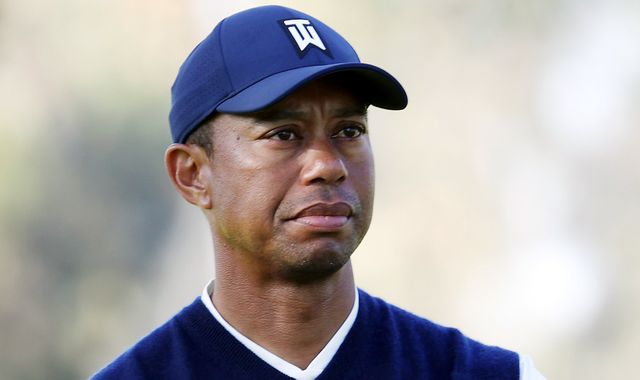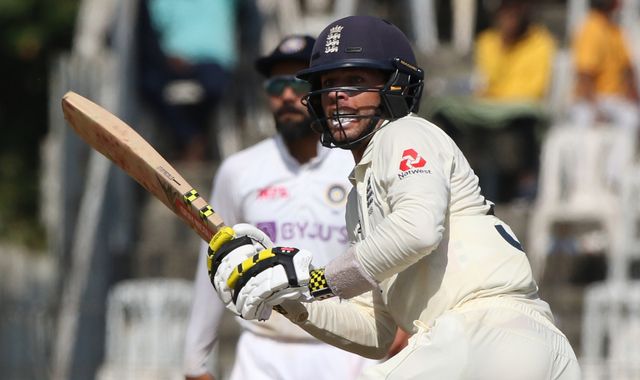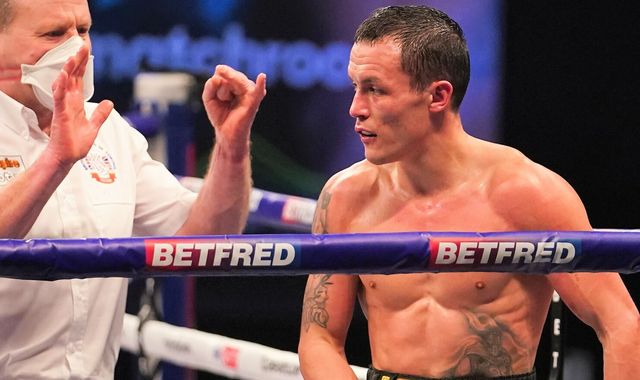When golf returns, pros may have different attitudes and priorities, says David Livingstone
Written by News on 26/03/2020
The enforced suspension of competitive golf may help some professionals see the bigger picture, and David Livingstone hopes European Tour stars will resist the temptation of a ‘fast-track to vast riches’ …

When Jack Nicklaus and Tiger Woods address real-world problems and say that, for the moment, golf is not important, they strike a chord that could be significant in the future.
Then, when Rory McIlroy echoes these sentiments and happily promotes his sponsor’s message: “Now, more than ever, we’re one team,” and when Jon Rahm rages at fellow millennials for ignoring advice on coronavirus, there’s a hint of a new perspective at the very top of professional golf.
Does it mean that when this crisis ends we’ll see a different kind of thinking from the stars of the game where they retain the sense of community we’ve all discovered in these trying times?
It’s a question that could be asked of sport in general where we’ve seen incredible acts of kindness across the board, but even the biggest names in other codes are governed by decisions taken by governing bodies that limit individual behaviour.
Golfers, on the other hand, are independent contractors, largely in control of their own destiny, provided they’re playing well and maintaining top-level status in the game.
So, when this is all over, will things be different? Is there a chance that the men and women who play the game at the highest level will be more likely to see the big picture rather than just their own interests?
Will they realise that their quest for excellence is sometimes tarnished by the pursuit of money and will they give a thought to working more for the greater good of their fellow professionals?
We’ve been here before with these questions. The events of September 11, 2001, made us wonder if sport really mattered so much and called into question the importance of rivalries, reputations, and cash.
The answers came pretty quickly when normal business resumed and, to be brutally frank, we all swiftly got over any notion of a more caring, sharing world of sport.
Recent events are different though to what happened 19 years ago. The sudden shock and fear we experienced then has been replaced by a prolonged period of emotional pain for almost everyone and it’s been a time when all of us have been forced to think about those less fortunate than ourselves.
The idea that this could somehow make successful golfers think differently in future is probably a naive long-shot on my part, but I can dream anyway.
After all, I spent 20 years of forlornly hoping that, just once, Woods would decide to play in the John Deere Classic as it clung to its small-time status on the PGA Tour. I knew it would never happen but I had endless hours of wishful thinking about the incredible goodwill and appreciation that would be generated by such a gesture.
The PGA Tour must have read my mind because in recent years they’ve forced some of the stars to enter tournaments they’ve never played before. Perhaps now is the time for more personal daydreams to imagine what the very best golfers in the world could do for lesser players and tournaments who struggle for a variety of reasons.
For a start, the top European Tour players, whatever their nationality, who cannot wait to get to the PGA Tour in America should perhaps examine their ambitions and their obligations.
In this case, I’m not referring to the likes of Rory McIlroy or Justin Rose or Jon Rahm because they are players who are driven by an ambition to win majors and who need to prioritise their schedule to that end. Besides, they still find a way of coming home from time to time and supporting their native tournaments.
I’m questioning why some European players who find quick success are so desperate to commit to the PGA Tour, not as a path to winning majors but as a fast-track to vast riches. They’re so focused on the money available in the US and the need to make so much of it to stay on Tour that some lose sight of what’s happening back in Europe, where tournaments are trying to attract strong fields.
The same kind of thought might apply to the attitude of men’s professional golf to the women’s game. I have to admit I’ve always tended towards a “market forces” attitude when it came to women’s sport and, until now, didn’t see any need for commercial rebalancing.
But in these difficult recent times when the men’s European Tour’s been struggling, I’ve been thinking about how desperate it must be for the Women’s Tour. Long before the latest world crisis came along, the LET has been fighting to remain financially relevant and give young women professionals a place to play and earn a living.
Yes, there have been new collaborations between the men’s and women’s Tours on both side of the Atlantic but the damage caused by the current situation must surely make these needs more urgent once we get out of all this.
I really hope that during this long period of introspection, those in golf who emerge financially healthy continue to have a thought for those not so lucky.
Naturally, we’re all desperate to see the Ryder Cup played sometime this year but let’s make sure we’re also thinking about a future where we continue to have European men’s and women’s Tours strong enough to make the Ryder Cup and Solheim Cup as great as ever.
And if anyone’s looking for a fun idea to pull the game of golf together, how about a World Mixed Foursomes at somewhere like Pebble Beach with the very best men and women from all over the globe taking part. Can you imagine the sponsors lining up to be involved in that?
(c) Sky Sports 2020: When golf returns, pros may have different attitudes and priorities, says David Livingstone







